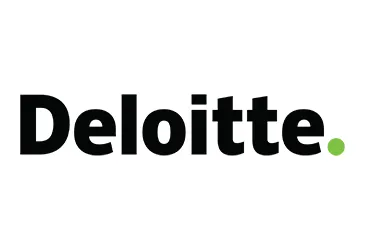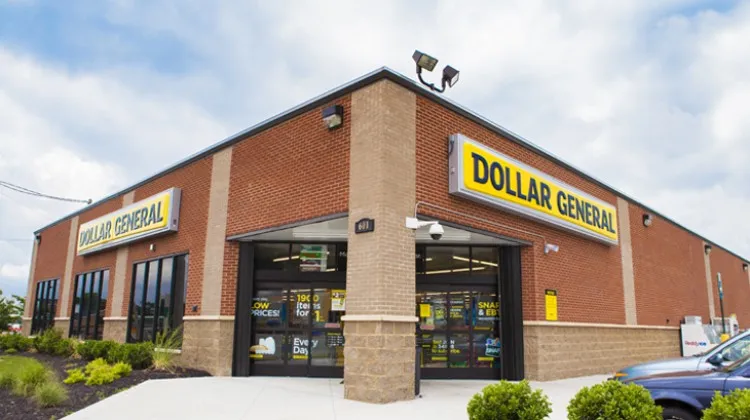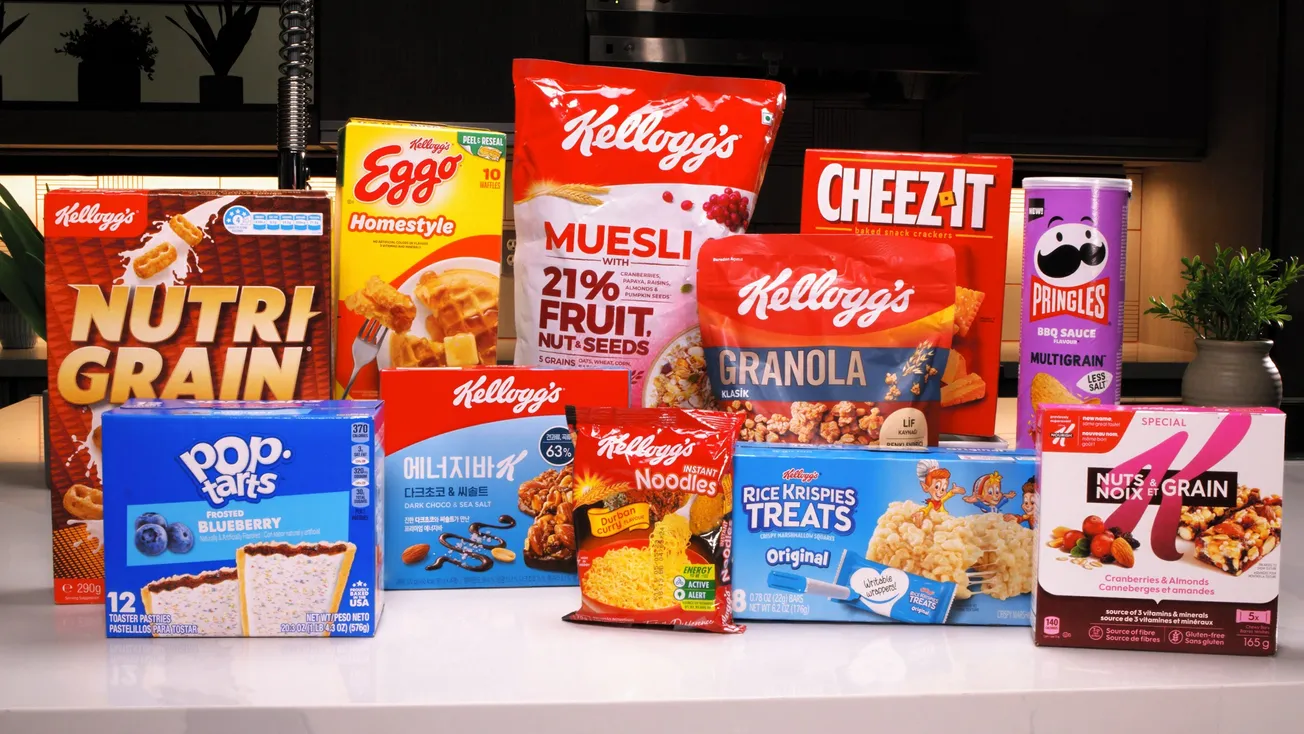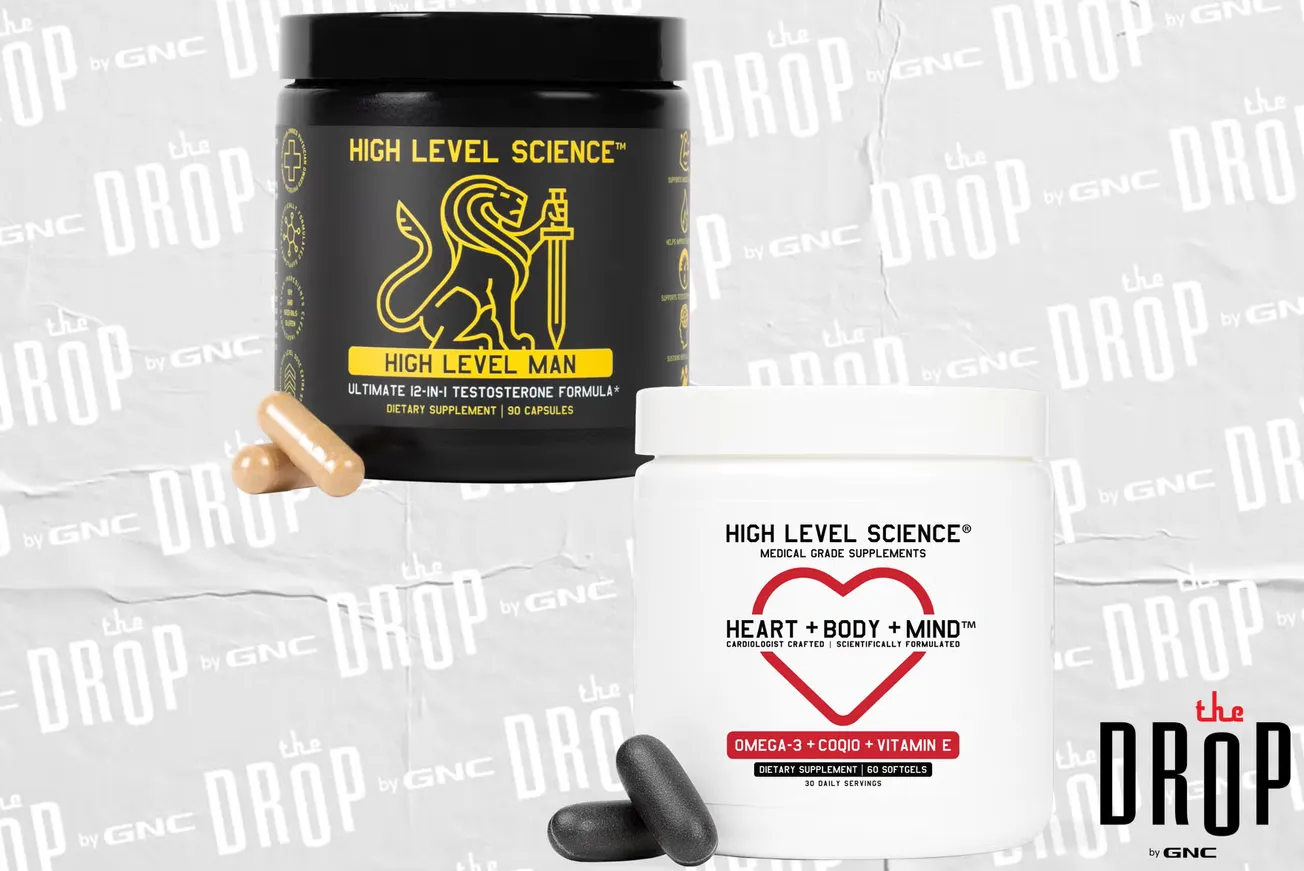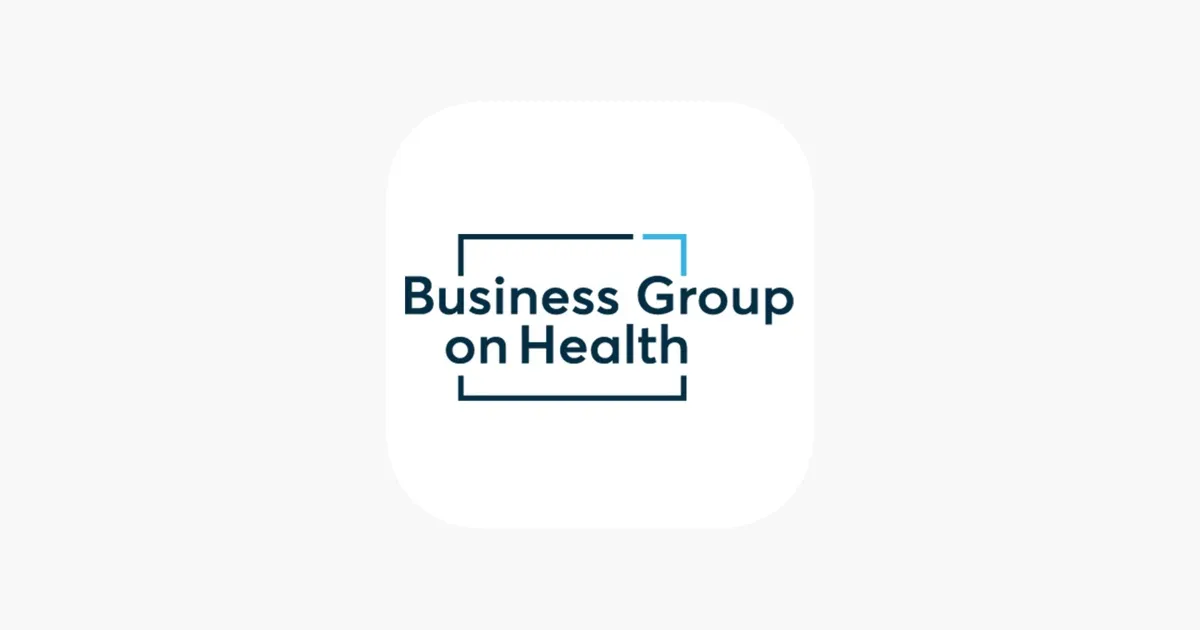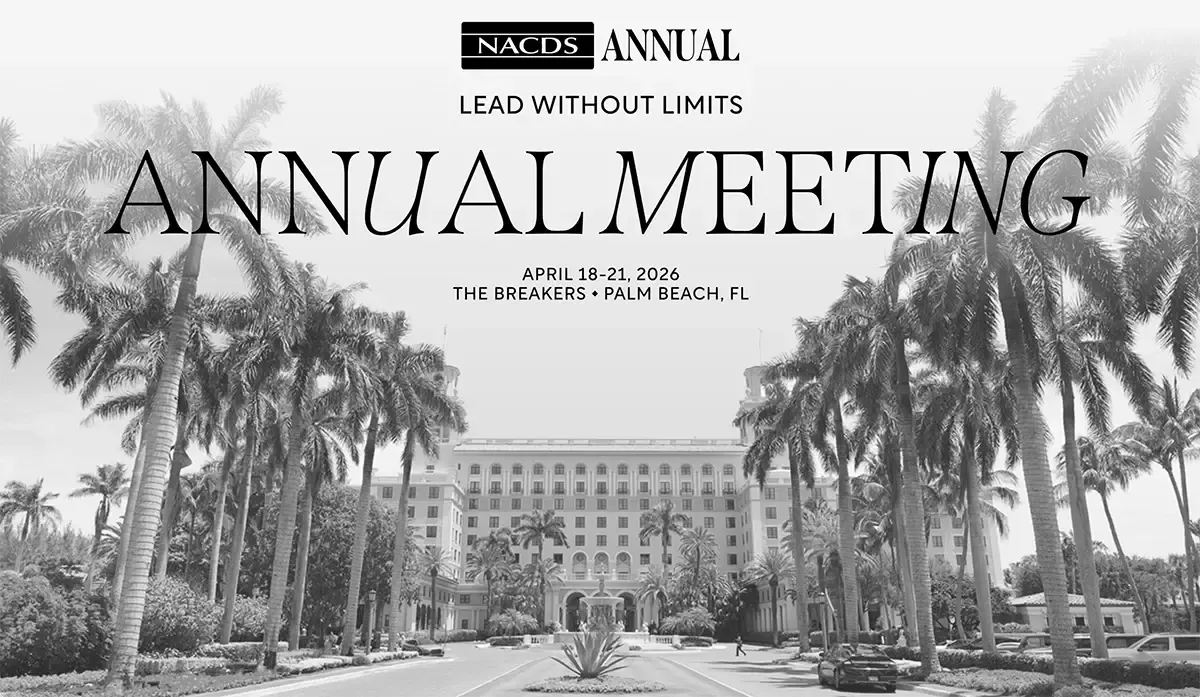
NEW YORK — Deloitte has released its 2023 Black Friday Cyber Monday Survey today, which examines what retailers can expect from shoppers between Thanksgiving and Cyber Monday. Overall, holiday spending during the Thanksgiving week is expected to reach new highs as consumers look to make the most of festive deals.
Key takeaways
- Consumers plan to spend an average of $567 during the Black Friday-Cyber Monday (BFCM) shopping events (Thursday, Nov. 23 – Monday, Nov. 27), up 13% from last year.
- Eighty-four percent of shoppers surveyed feel confident in their original budgets from this September and plan to spend the same or more.
- Year-over-year participation in BFCM remains steady with 8 in 10 planning to shop during the week.
- Millennials are expected to drive a significant share of spend during the BFCM period (43%); more than two-thirds (68%) plan to buy gifts for themselves.
Why this matters
After two years of inflation, consumers are looking to Thanksgiving week promotions to help ensure this holiday season is merry and bright. Deloitte’s “2023 Black Friday-Cyber Monday Survey” examines what retailers can expect from shoppers between Thanksgiving and Cyber Monday. As consumers tackle their holiday gift lists, some shopping behaviors that accelerated through the pandemic are here to stay, while some new traditions also begin to emerge.
Seasonal shoppers are spending again
- As consumers ring in the height of the holiday shopping season, 84% are confident in their original budgets and plan to spend the same or more from what they initially projected in September. Much of that spending is planned to take place during the BFCM period, as shoppers leverage promotions to make the most of every festive dollar spent this season.
- BFCM is back as participation is on par with pre-pandemic levels. Eighty percent of consumers plan to shop during the Thanksgiving week, with an expected spend of $567, up 13% year-over-year.
- Among those expecting to spend more, 51% of respondents say it’s because they’re buying more gifts, 44% are updating non-gift clothing, and 40% attribute it to higher prices.
- Some consumers see the BFCM events as holiday traditions, and over half (57%) of shoppers plan to take advantage of as many deals as possible during this period. Four-in-10 plan to complete all their holiday shopping during the Black Friday-Cyber Monday timeframe.
- Peak days will be Friday and Monday, with 65% and 58% of shoppers participating, respectively.
- Nearly two-thirds (63%) of shoppers say they could be tempted to make a BFCM purchase while at work.
- Digital preferences brought on by the pandemic are here to stay with 61% of the budget to be spent online, while 39% will still be in-store.
Black Friday sparks holiday joy
Despite consumers increasing their Black Friday spending online, younger shoppers are likely to line up for those doorbuster deals. This shift could offer an opportunity for brick-and-mortar retailers seeking an in with a new generation of consumers.
- Black Friday spending online continues to grow: Shoppers expect to spend $169 online this Black Friday versus $121 in 2019 (+9% CAGR).
- While in-store shopping on Black Friday remains significant, planned spending is down slightly year-over-year ($138 in 2023 vs. $145 in 2022), but still above 2019 levels. The majority of consumers noted doorbusters are less appealing (58%) or are hoping to avoid crowds (55%).
- Millennials will drive a significant share of spend during the BFCM period (43%), compared to Gen X (23%), Boomers (20%) and Gen Z (13%). They also are more likely to embrace the Black Friday doorbuster traditions — 50% surveyed are likely to go to stores between midnight and 7 a.m. (versus 31% of other shoppers).
- Millennial shoppers intend to increase their average BFCM spending by 38% year-over-year and prioritize self-gifting: 68% plan to buy gifts for themselves during this period.
“Millennials have taken over as the largest share of Black Friday-Cyber Monday spending. This year, retailers have an opportunity to better connect with millennials, who grew up heading to midnight doorbuster deal events. Millennials are also more likely to self-gift, so retailers have any opportunity to entice these shoppers to throw a couple of extra gifts in their baskets,” said Stephen Rogers, managing director, Deloitte Insights Consumer Industry Center, Deloitte Services.
Shoppers unwrap a preference for deals
BFCM has competition as 4 in 10 respondents took advantage of October promotions, purchasing gifts (28%) as well as other items that had prices that were too good to pass up (29%).
- Earlier promotional events are making an impact: 41% of respondents said they shopped for holiday gifts during October promotional events; those who did are likely to spend 25% less than others during BFCM.
- While mass merchants continue to draw the most traffic during the Black Friday-Cyber Monday period (60%), online-only retailers are quickly closing the gap (57%, up from 54% last year).
- During the holiday week, consumers surveyed plan to focus on categories where they expect the best deals, including clothing and accessories (70%), electronics and accessories (53%), and toys and hobbies (53%). Less-discounted categories like gift cards (29%) and food and beverage (27%) are expected to see less purchases during BFCM.
“As consumers tackle their gift lists, we see Black Friday-Cyber Monday as an omnichannel opportunity this year — to attract both consumers who have come to embrace online shopping for its convenience, as well as those who are excited to head to stores to capture the best deals without potential delivery fees. Retailers who understand shifting consumer preferences could reshape the way shoppers make the most of holiday deals,” said Brian McCarthy, principal, Deloitte Consulting.

